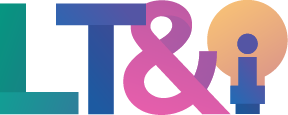What are alternative assessments?
Alternative assessments focus on learners creating a response to a question, prompt, or a task. They allow you to see what students can do and can’t do, versus what they know and do not know. They tend to assess how proficient a student is at doing something, rather than simply measuring knowledge.
Examples of alternative assessments include:
- Working through a case study or scenario
- Designing a concept map
- Developing a brochure
- Building a portfolio
- Designing a poster
- Designing and delivering a presentation
What are features of alternative assessments?
How has this been done before?
Websites In Your Course
This has been done before and we have examples for you! Students have been asked to create websites, podcasts and games about specific Social Work topics, working with community groups. It was while supporting faculty with these types of alternative assessments that we we realized how much effort and support goes into them and how daunting it would be for faculty to implement a project such as these on their own. With this in mind we created a website that guides you through student and faculty stories, examples of student websites, and a section for faculty which explains how to design and add alternate assignments to their courses.
What resources are available to me?
References
Wiggins, G., & McTighe, J. (2005). Understanding by Design (2nd ed.). Association for Supervision and Curriculum Development.
Rousseau, P. (2018). Best Practices in Alternative Assessments. Toronto Metropolitan University. https://www.torontomu.ca/learning-teaching/teaching-resources/assessment/#!accordion-1553785922968-alternative-assessments




